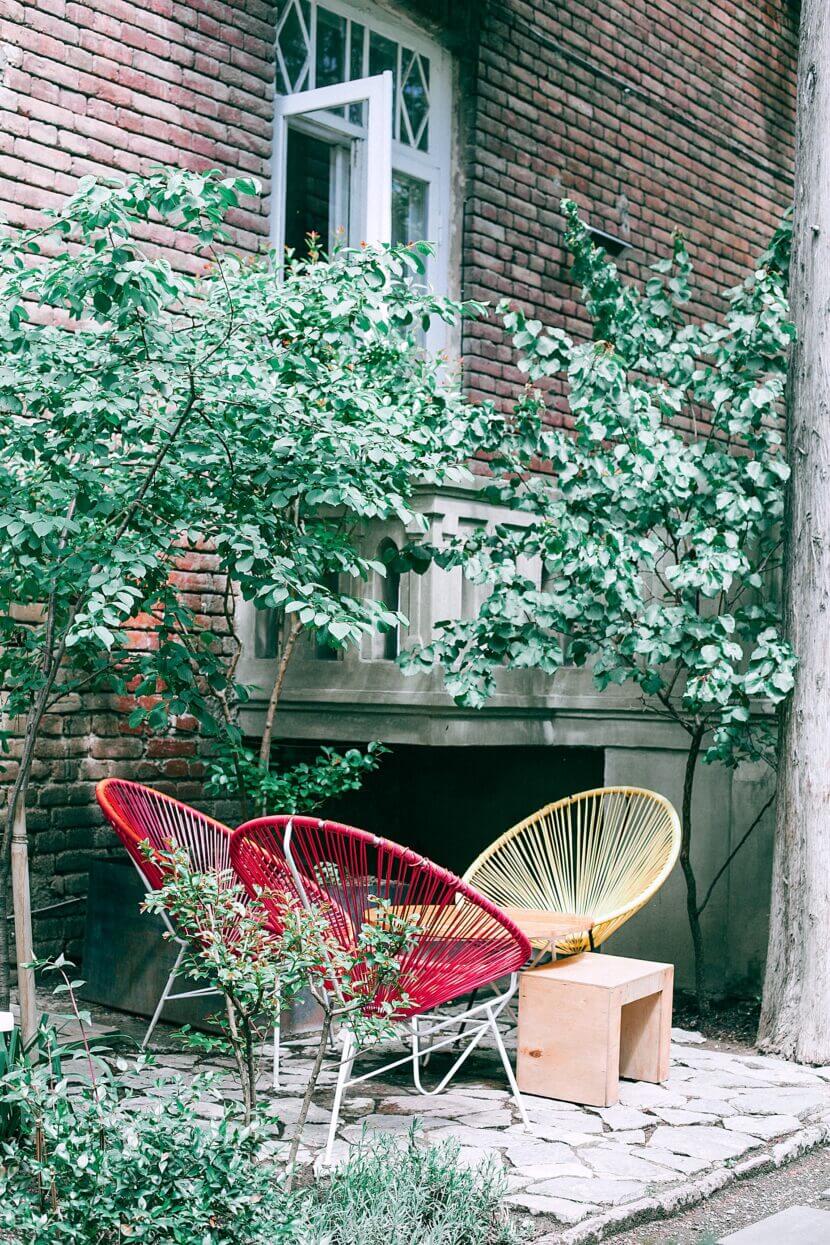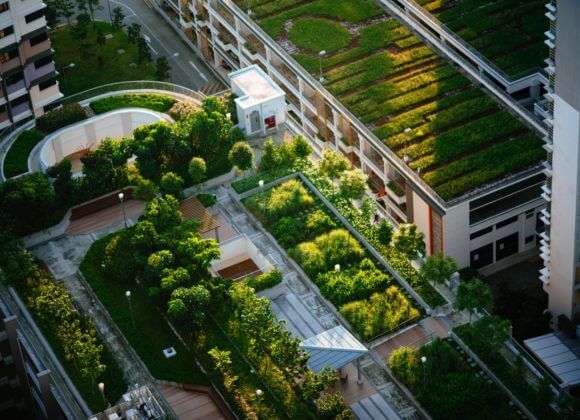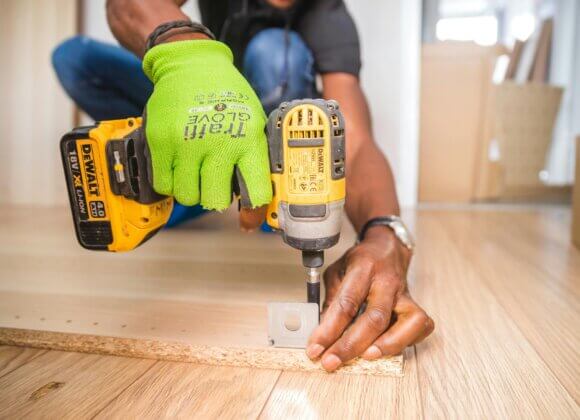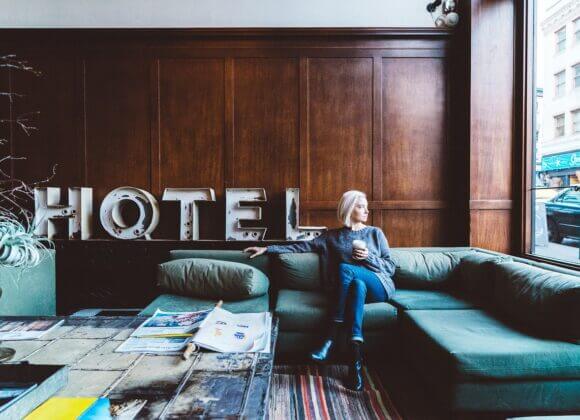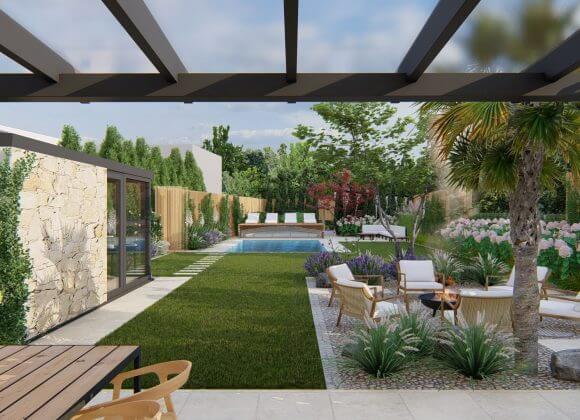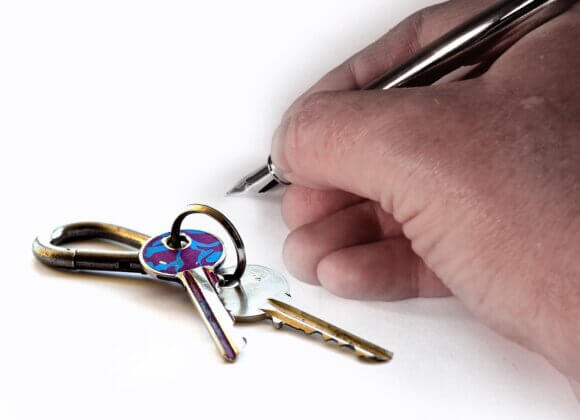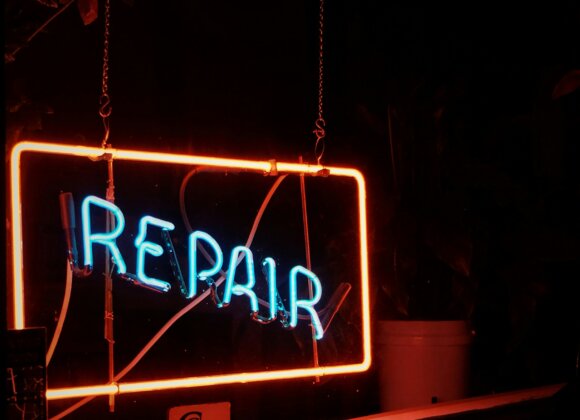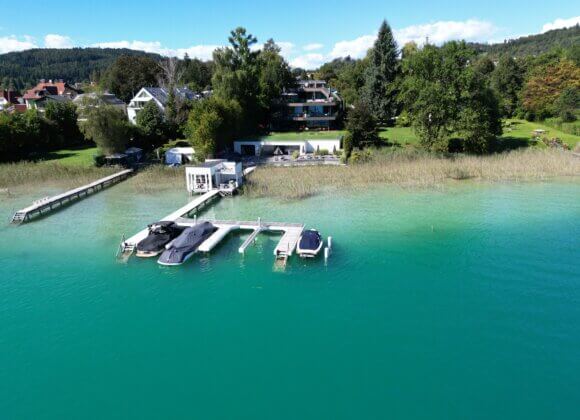Use courtyards and gardens in apartment buildings
Courtyards and green spaces can be true oases of relaxation. However, Wilhelm Huck of HSP Rechtsanwälte warns that it is not permitted to use them simply like that.
The courtyard in an apartment building, the green space or the communal garden in an apartment building – many a resident sees them as a place to provide summer quarters for their flowers. Seating furniture, tables and barbecues are also popular for pleasantly spending balmy summer evenings. Last but not least, the outdoor area would be suitable in principle as a location for a children’s swing or a sandbox.
But it’s not quite that simple: “Tenants and owners should definitely find out beforehand whether they are allowed to use the courtyard or garden at all,” advises Wilhelm Huck of HSP Rechtsanwälte. The former should take a look at the house rules or even the rental agreement. If nothing is regulated there, a call to the homeowner or the property management company will help. “Owners should look in the owner’s agreement unless there is a use provision for it,” said Huck, who generally advises owner associations to have a use provision for common areas.
If the use of the outdoor areas is very general, the lawyer recommends to ask more precisely as well.
Some things to consider
“That’s true, for example, if a resident wants to create a flower bed or just put up a children’s swing set,” Huck says. After all, there could be an escape route in the courtyard or garden that should not be blocked. In the case of playground equipment, it should also be considered that residents may feel disturbed in their peace and quiet by the children playing. Last but not least, the issue of liability should not be ignored. “Anyone who sets up playground equipment is liable for any injuries,” the attorney knows.
Use at your own risk
In view of the fact that the use of playground equipment by other children also living in the house can hardly be excluded, tenants or apartment owners who want to enable their children to have fun and play should therefore put up signs such as “Parents are liable for their children” or “Use at your own risk”. “This reduces the liability risk,” Huck says. Owners and managers, on the other hand, should insist on indemnification and hold harmless for this reason. Nevertheless, they should insist that the device be set up by authorized experts, if necessary, and that it be serviced regularly.
Self-initiated
Another variant would be for owners to equip the open spaces themselves accordingly. “This prevents a patchwork carpet from being created because each resident sets up a table or something similar,” Huck said. They should also take control when it comes to barbecuing. “I advise every property owner to determine which grill may be used,” says the real estate law expert. In addition, it would be advisable to specify the times when barbecues are allowed and – analogous to the use of laundry rooms – to draw up lists in which the residents have to enter their barbecue times. “It’s a way to prevent barbecues from happening every day. After all, you have to remember that it could cause odor and noise pollution,” Huck says.
Landlust: Luxury real estate in the countryside
Urban: Luxury properties Vienna Urban
Villa location: Luxury properties Villa location
For ski fans: Luxurious living for ski fans
On the waterfront: luxurious living on the waterfront
Hotel service: Luxurious living with hotel service
Exquisite view: Luxurious living with an exquisite view
For golf fans: Luxurious living for golf fans
Classic elegance: Luxurious living in classic elegance


